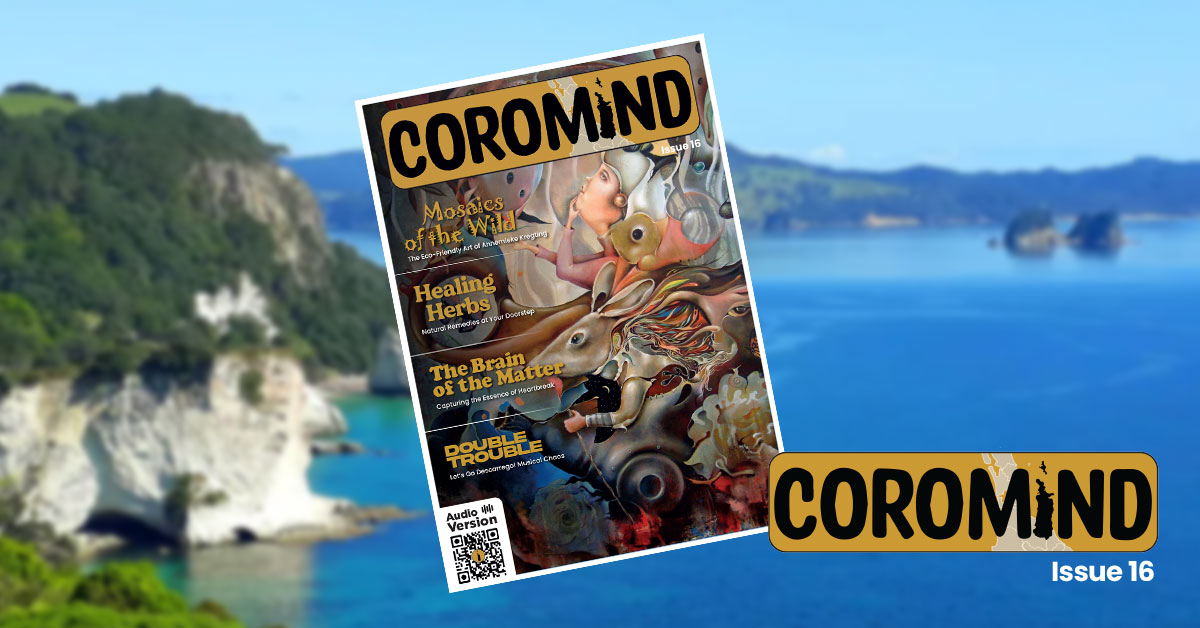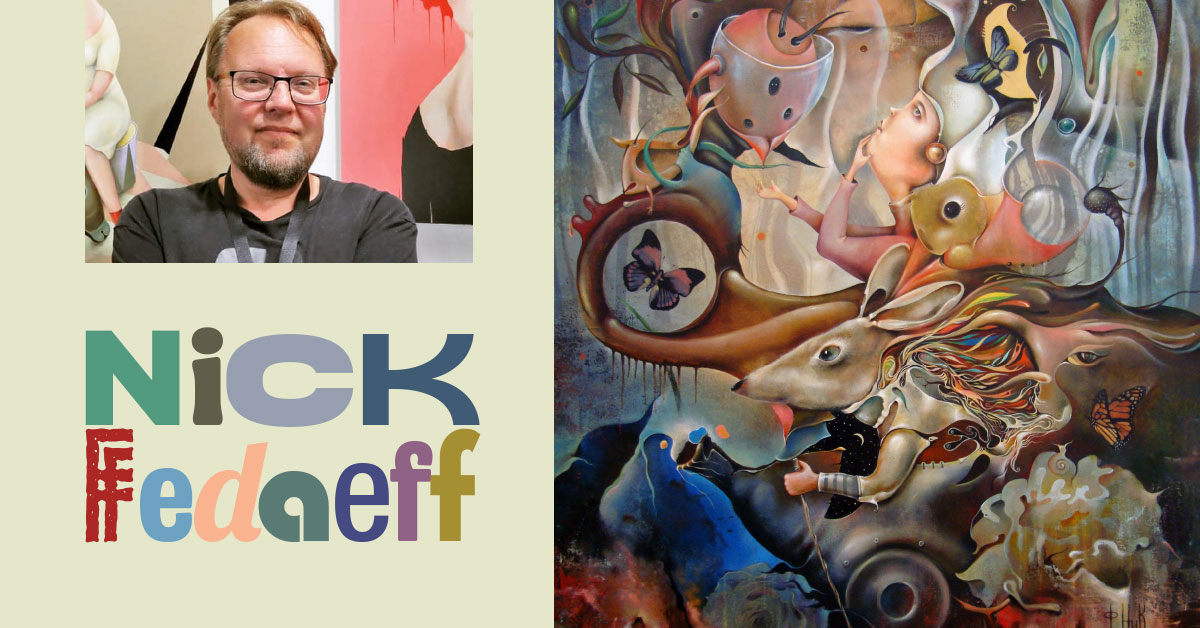Natural Remedies at Your Doorstep
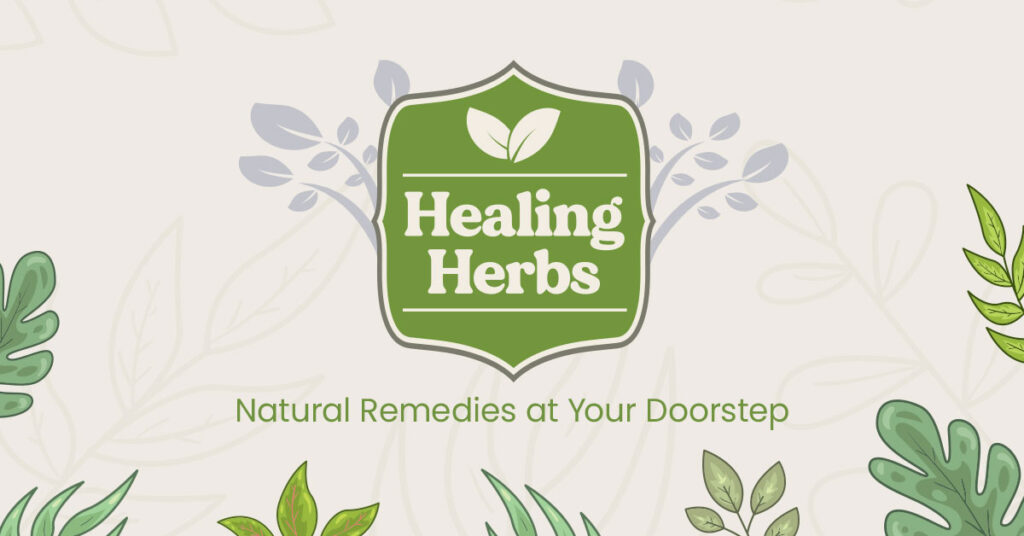
Herbs and Herbaliser are not just cool bands, they are natural remedies you can grow in your own backyard – ranging from Aotearoa’s native rongoā to folk herbals. The plant world has been offering its support to benefit human health for centuries. Animals also eat their way to health through their native ecosystems; this is known as zoopharmacognosy.
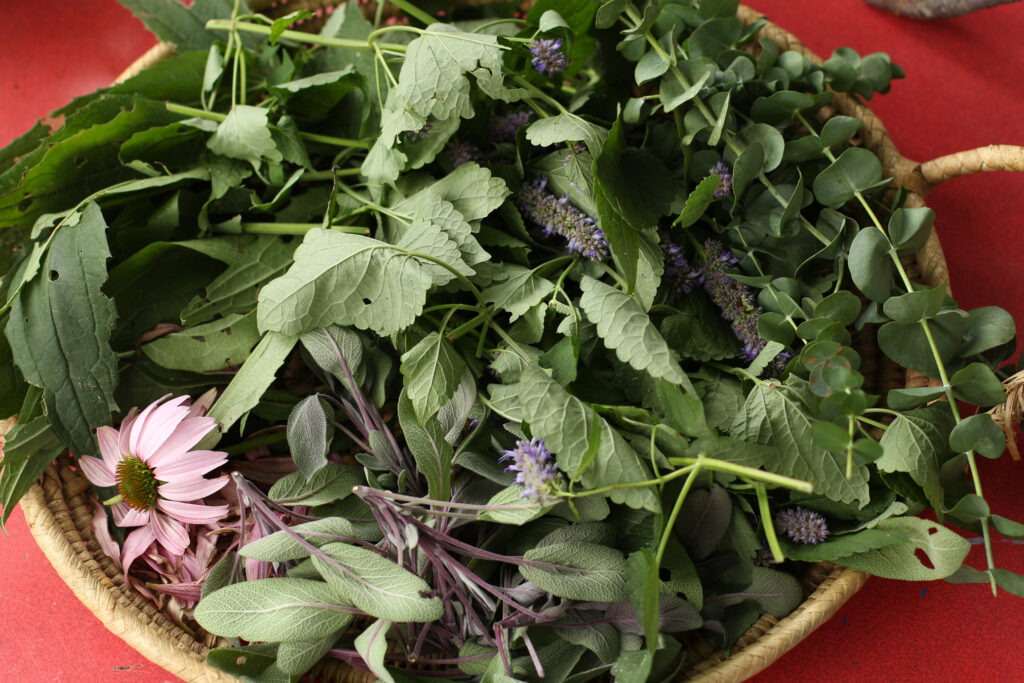
Nature’s medicine can provide you with plenty of natural health support; ‘you are what you eat’. Foods such as ginger and turmeric root are beneficial; they are anti-inflammatory, good for blood circulation and cardiac health. Garlic is a natural antibiotic, elderberries an antiviral, echinacea purpurea a blood cleanser (first used by the indigenous peoples of America). An estimated 35,000-70,000 plants have some medicinal purpose.
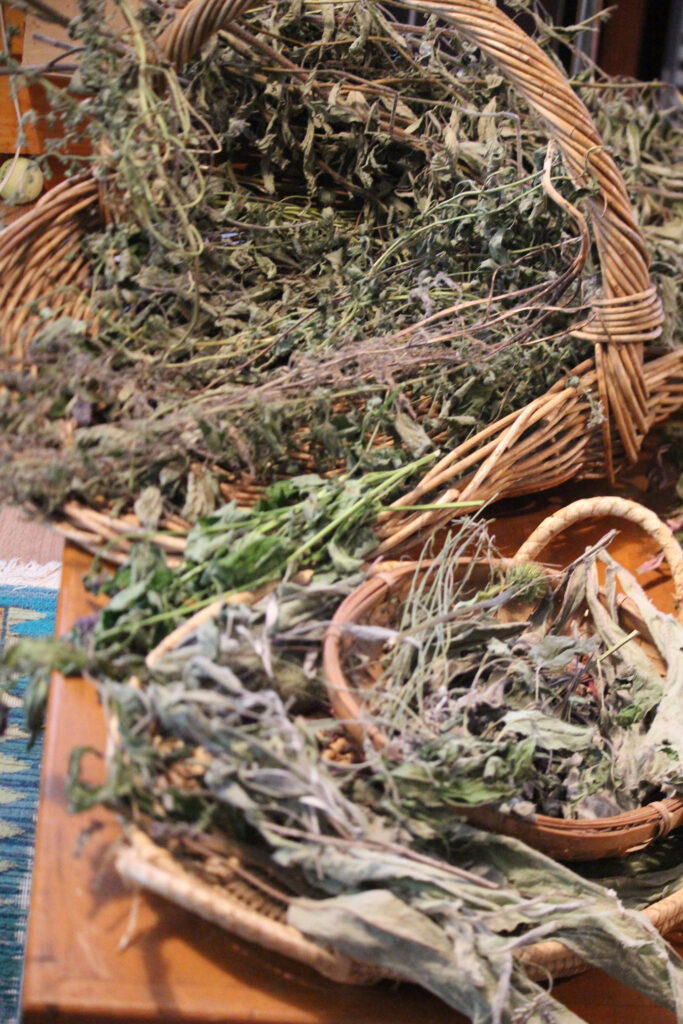
I have always grown a huge variety of herbs alongside our edibles in our māra (garden) as well as herbal leys among the fruit trees, encouraging bees and beneficial insects into our garden for pollination and a healthy ecosystem. Herbs provide a source of health and well-being and add aromatic flavour to our kai.
Some herbs considered weeds by many, such as pūhā, dandelion and chickweed, often grow in poor soils to remediate the soil properties. These may fall victim to the weed eater or herbicides. For this reason, it is important to be aware of your foraging surrounds.
Herbs are great for a daily tailored tea blend depending on your specific needs, whether for a calmative, anti-inflammatory, anti-oxidant, anti-bacterial or immune support.
More often than not, you can grow them in your own garden or in pots. Harvesting for the leaf is best done before flowering and rain; a full moon can also increase potency. Dry your herbs in brown paper bags, then store them in labelled jars.
Enjoy herbs every day, such as flower posies or a few lavender heads, kawakawa leaves and rose petals added to bath water, dried herbs in your salt grinder, plunger teas and decoctions (medicinal boil-ups), healing salves and poultices; use them for fragrance and culinary flavouring. A few leaves of plantain (kopakopa) may be quite the find if you have been stung by a bee.
Herbs are also the source of many pharmaceutical medicines we have today, such as willow bark into aspirin, poppies into opioids for pain relief, even the deadly foxglove (digitalis) for heart medicine … you may be surprised at your pharmaceutical derivative. The hunt throughout the plant world for medicines to treat the ailing still continues today.



Recently CBD/THC has joined the pharmaceutical list in New Zealand, with hundreds of benefits for health and pain management. The only contradiction is that it is extremely expensive and has become more about a profitable business than a healing option for many patients in need.
In Aotearoa New Zealand we are blessed with a ngahere (forest) full of medicinal plants (for rongoā) that have been used by Māori throughout history. Currently rongoā interest is having a resurgence, with plenty of groups on the internet, workshops and printed knowledge available for those keen to learn. If you are harvesting rākau (plants used for medicine) from the wild, please do so with respect and in a sustainable fashion, following tikanga or protocols, with a karakia giving thanks to the atua Papatūānuku and Tāne Mahuta. I have a special lulling song that I sing when I harvest from the bush, although I am blessed to have many rongoā plants in our home garden.

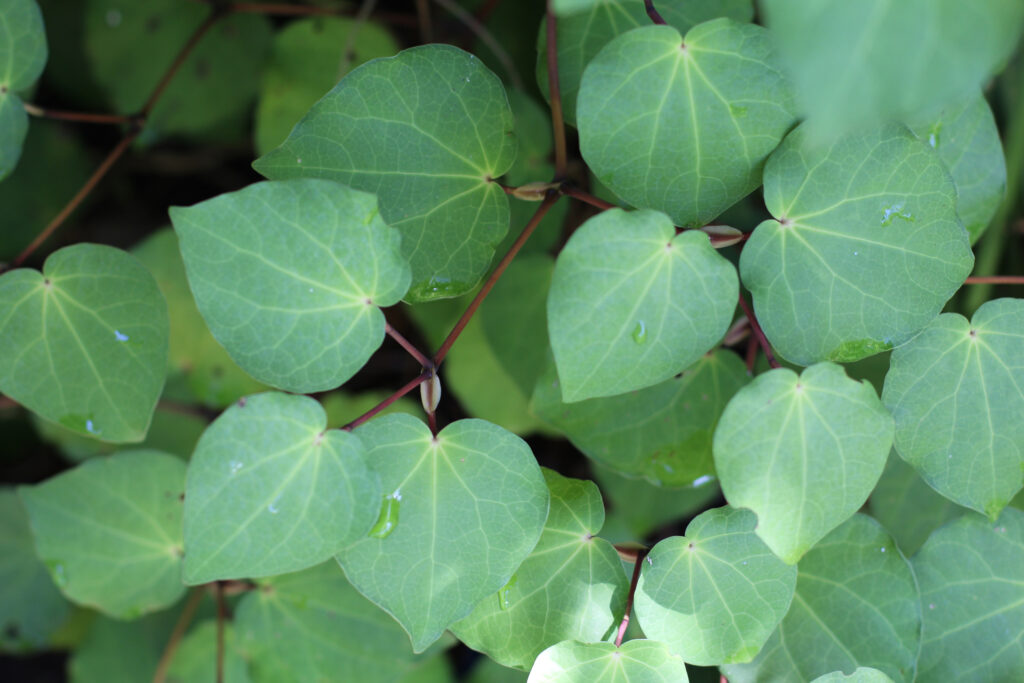
Taking a holistic approach to your health – eating a healthy diet (plenty of fresh fruit and vegetables), getting exercise and reducing stress – goes a long way to achieving a healthy mind, body and soul. With gentle herbal support, you may also be able to self-manage your health without the chemist.
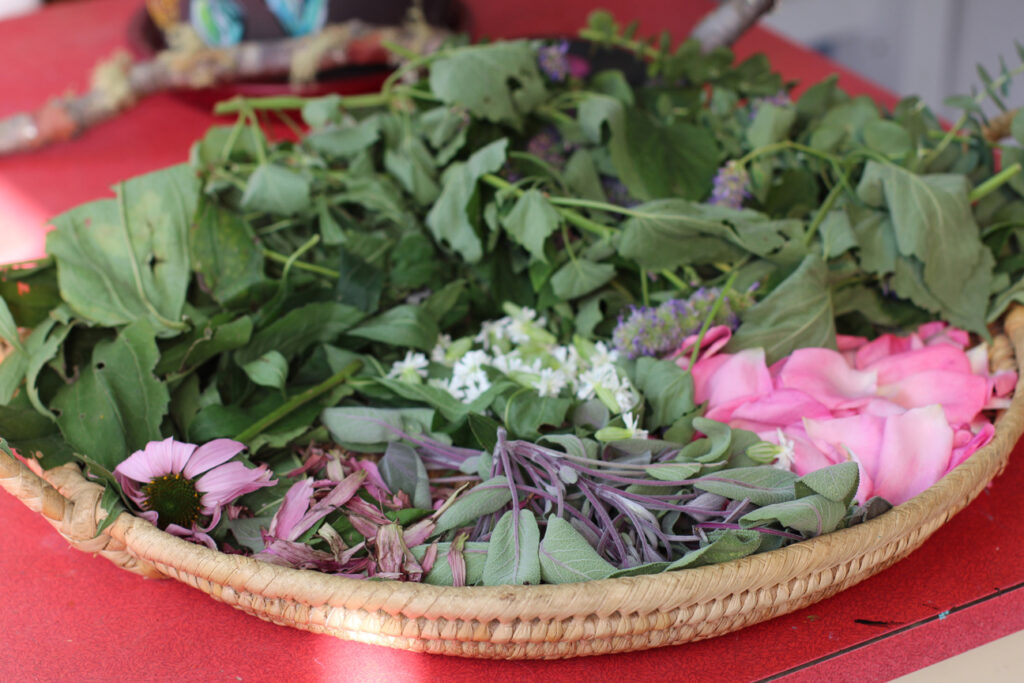
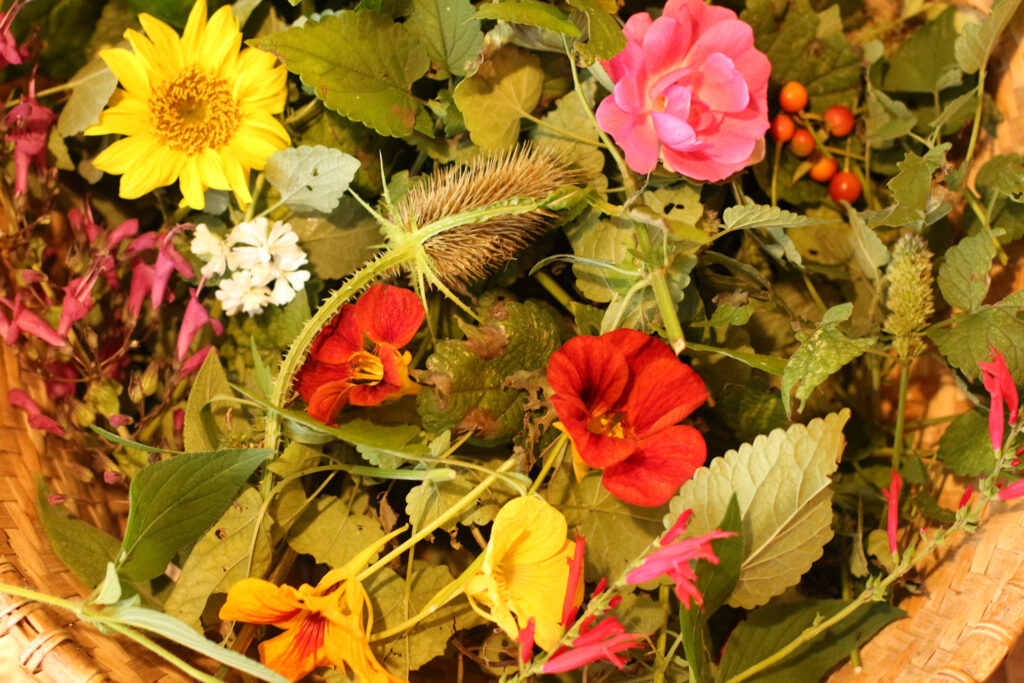
A hunger to heal ourselves from our natural world seems to be a growing theme, perhaps because of so much emphasis on our health in recent years, with plant medicine being a historical go-to. To some extent, you can mix and match your own style of healing from the natural world of plants, but check for adverse combinations. Always ask a professional for advice, if taking prescription medicine, as herbs may contradict your medicine. An initial diagnosis from a professional is also wise.
Stay well, be happy. Noho pai kia koa.
Words by Judy Brocas
Coromind: Coromandel’s Collaborative Magazine

Help us take Coromind Magazine to new heights by becoming a member. Click here
Change the Weather for Your Business: Advertise with Us.
Advertise your business in the whole Hauraki Coromandel in the coolest Coromandel Art Magazine, from Waihi Beach/Paeroa /Thames up to the Great Barrier Island.
Advertise Smarter, Not Harder: Get in Touch


